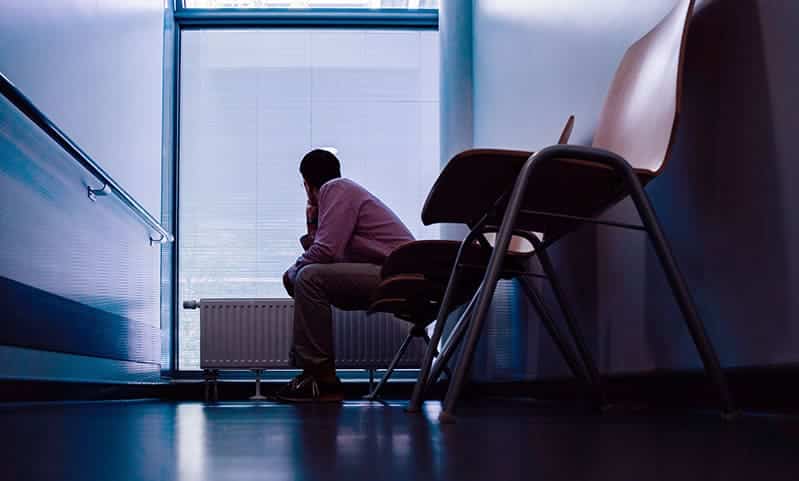Governor Andrew Cuomo says he plans to let some PAUSE restrictions expire in mid-May, but he will extend others.
Does that mean the COVID-19 crisis is almost over, and how does this development affect your potential or active personal injury claim?
Coronavirus is more widespread in New York than anyplace else, including China.
According to a recent survey, over half of all Empire State residents know someone who was infected with COVID-19, and almost a third of New Yorkers know someone who has died from the virus.
An ongoing antibody study of fire and police department workers promises to shed more light on infections among these individuals.
Cuomo said manufacturing and construction would be the first sectors to un-PAUSE.
The Centers for Disease Control recommends that new cases in an area trend downward for at least fourteen days before businesses reopen.
Ending the COVID-19 Pandemic
Coronavirus might be twice as infectious as previously thought.
Without complete isolation, one affected person could infect up to six other people. So, ending the coronavirus outbreak will not be as easy as once thought.
Certain measures, like social distancing and business closures, are effective, but they only go so far.
Social distancing and working from home might have flattened the curve in some areas, but there is still a curve, and the number of cases will continue to increase for the foreseeable future.
According to some, such measures might be counterproductive.
Herd immunity kicks in when at least 70 percent of the population is exposed to a virus.
At that point, enough people have developed antibodies so they are effectively immune. However, less than 25 percent of New York City residents have been exposed to the virus.
The number is even lower in most other areas of the Empire State. Sweden offers a good example of this concept.
Most other European countries are under quarantine. But restaurants, playgrounds, schools, and other public facilities are open in this Scandinavian nation.
The country’s chief epidemiologist, Anders Tegnell, predicts that Stockholm will achieve herd immunity by the end of April.
However, there is a dark side to herd immunity.
The coronavirus death toll in Sweden (2,000 fatalities as of April 23) is about ten times higher than the numbers in neighboring Finland and Norway.
Both these nations are under lockdown. Furthermore, according to many physicians, herd immunity would overwhelm hospitals.
Vaccines also trigger widespread immunity.
However, a coronavirus vaccine will probably not be available for some time.
COVID-19 and Personal Injury Claims
How does coronavirus affect your car accident, dog bite, fall, or other personal injury claim?
There are several different implications.
Generally, to obtain maximum compensation, victims should see doctors within twenty-four hours of an injury. However, with the coronavirus outbreak, that timetable might be unrealistic.
Coronavirus has essentially shut down New York courts for the time-being.
Most judges only hear emergency matters, like injunctions, restraining order requests, and hearings for incarcerated criminal defendants.
However, most clerks still accept electronic document filings.
So, a New York personal injury attorney can file a claim to protect the victim’s rights or pressure the insurance company to settle the matter.
Frequently, insurance companies file procedural motions seeking to have claims thrown out of court. Hearings on those motions might be delayed until at least June.
This gives attorneys more time to analyze these motions and collect evidence in support of their claims.
Other than these procedural motions, judges never directly consider injury cases. 97 percent of all civil claims settle out of court.
So, in a sense, it does not matter if the judge is sitting on the bench or not.
Mediation is sometimes a concern. The parties meet with a mediator who tries to hammer out a resolution.
That being said, social distancing is usually not a problem during mediation, since the parties spend most of their time in separate rooms.
Moreover, remote or online options might be available.
Due to electronic filing, COVID-19 probably does not extend the statute of limitations.
So, attorneys must watch the calendar closely. If the statute of limitations passes, which is usually two years in a negligence case, the victim might lose the right to obtain compensation.
Fair compensation in an injury case usually includes money for economic losses, such as medical bills, and noneconomic losses, such as pain and suffering.
Additional punitive damages might be available as well.
There must be clear and convincing evidence that the tortfeasor (negligent actor) intentionally disregarded a known risk.
COVID-19 does not halt your claim for compensation.
For a free consultation with an experienced personal injury attorney in New York, contact Napoli Shkolnik PLLC. We do not charge upfront legal fees in injury cases.
